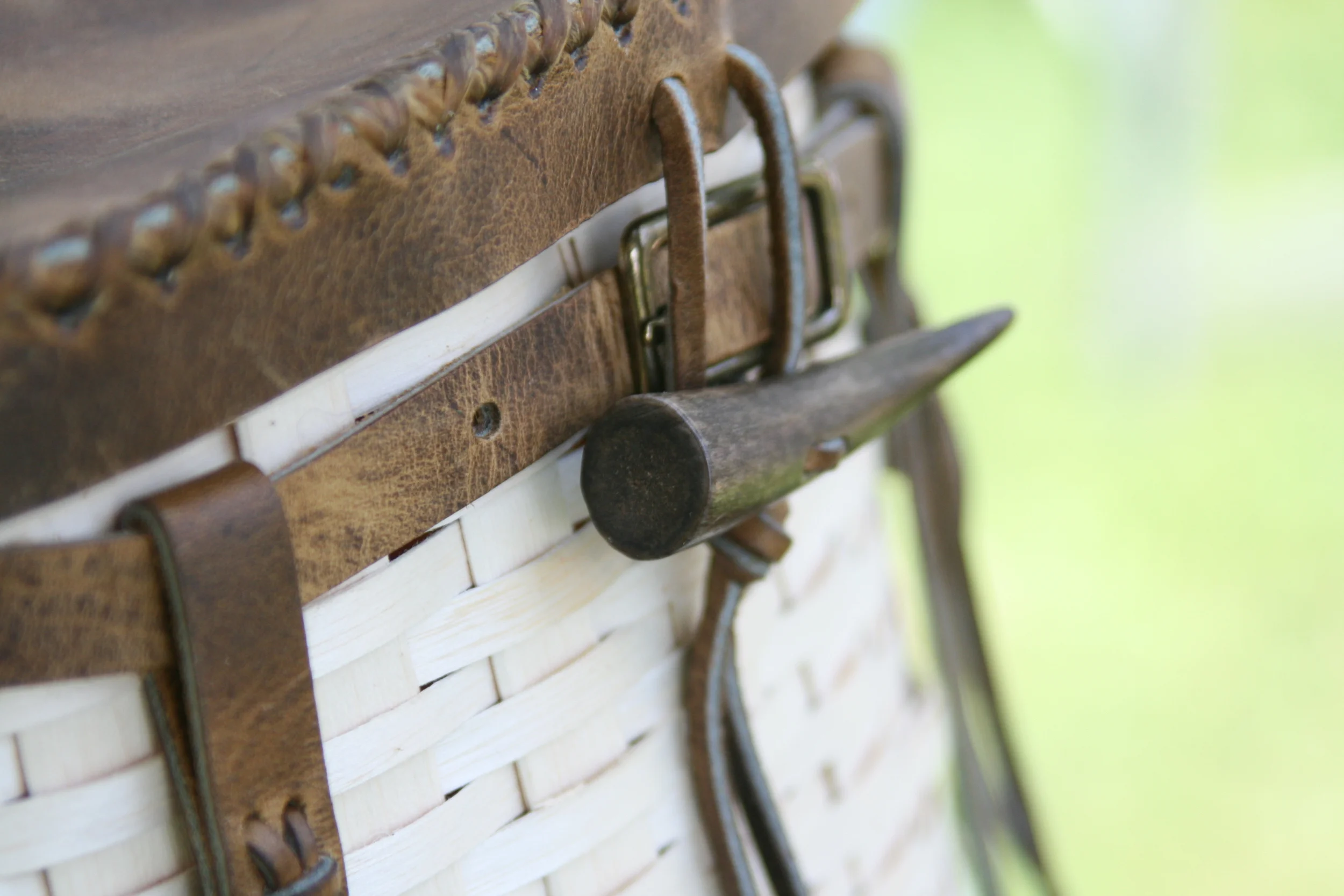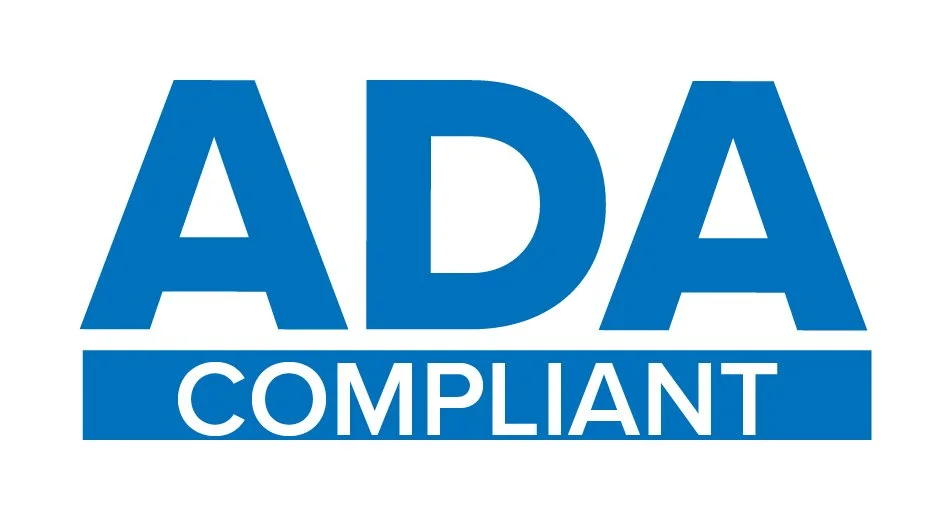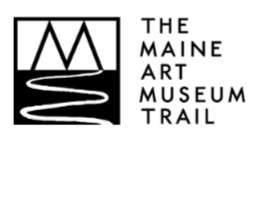Launch of the Archaeological Advisory Committee
/From left to right, back row: Larry Zimmerman, Gabe Hrynick, Dave Putnam, Darren Ranco, Isaac St. John, Paulette Steeves, Kristen Barnett, Lynne Dominy, Rebecca Cole-Will, Bonnie Newsom, Stephen Loring. From left to right, front row: Cinnamon Catlin-Legutko, Chris Sockalexis, Jennifer Talken-Spaulding, David Goldstein, Starr Kelly, Natalie Dana, Cassandra Dana, Julia Gray, Jennifer Pictou.
The first convening of our newly created Archaeological Advisory Committee was held earlier this week at the Museum. The group of 20 included Indigenous archaeologists, anthropologists, and historians from the Wabanaki Nations and beyond, along with non-Native archaeologists, educators, and leadership from the Abbe and the National Park Service. With the long-term goal of helping the Abbe re-envision our role in archaeology in the Wabanaki homeland, the group tackled topics from community archaeology to building capacity, from education to heritage protection, all through the lenses of decolonizing practice and Indigenous archaeologies. Members of the committee will continue to work in smaller groups to further develop and implement the ideas generated this week.
The full list of committee members is:
Patricia Ayala Rocabado, independent scholar
Kristen Barnett, Unangan, Bates College
Cinnamon Catlin-Legutko, Abbe Museum
Rebecca Cole-Will, Acadia National Park
Cassandra Dana, Passamaquoddy Tribe
Natalie Dana, Passamaquoddy Tribe
Lynne Dominy, Acadia National Park
David J. Goldstein, National Park Service
Julia Gray, Abbe Museum
Gabe Hrynick, University of New Brunswick
Starr Kelly, Kitigan Zibi Anishinabeg, Abbe Museum
Stephen Loring, Smithsonian Institution
Bonnie Newsom, Penobscot, University of Maine
Jennifer Pictou, Aroostook Band of Micmacs
David Putnam, University of Maine, Presque Isle
Darren Ranco, Penobscot, University of Maine
Chris Sockalexis, Penobscot Nation
Donald Soctomah, Passamaquoddy Tribe
Isaac St. John, Houlton Band of Maliseet Indians
Paulette Steeves, First Nations Cree- Metis, Mount Allison University, New Brunswick
Jennifer Talken-Spaulding, National Park Service
Larry Zimmerman, Indiana University-Purdue University Indianapolis
On Sunday, November 5th, a panel that consisted of four of the committee members took place at the Abbe, officially kicking things off for the week. The crowd of 30 interacted with panelists about the future of archaeology and what is exciting and new in the field.
From left to right:Jennifer Pictou (Micmac), Chris Sockalexis (Penobscot), Starr Kelly (Algonquin), Darren Ranco (Penobscot), Paulette Steeves (First Nations Cree- Metis), Kristen Barnett (Unangan), Bonnie Newsom (Penobscot), Isaac St. John (Maliseet), Natalie Dana (Passamaquoddy), Cassandra Dana (Passamaquoddy)











